Understanding Hypertensive Kidney Diseases Treatment in Haryana
In India, people with high blood pressure for a long time are at risk for Hypertensive kidney diseases. The rise in blood pressure can hurt the blood vessels in the kidneys and cause problems. We will examine the causes, symptoms, how doctors diagnose these kidney diseases, and the available treatment options.
Hypertensive Kidney Disease: Causes and Risk Factors
The causes and Risk Factors of Hypertensive Kidney Diseases are:
-
Chronic high blood pressure.
-
Genetic factors and unhealthy lifestyle choices, including a high-sodium diet and obesity, increase the risk.
-
Conditions like diabetes and certain medications can further contribute to kidney damage.
-
A Stress and sedentary lifestyle.
-
Early detection and management of hypertension are crucial to prevent or slow down the progression of hypertensive kidney diseases.
Hypertensive Kidney Disease: Symptoms
In the early stages, hypertensive kidney diseases may not exhibit any noticeable symptoms. However, as the condition progresses, individuals may experience symptoms such as:
-
Blood in urine
-
Foamy urine.
-
Frequent urination.
-
Swelling in the legs, ankles, or feet, fatigue, and difficulty concentrating.
Hypertensive Kidney Disease: Diagnosis
The proper diagnosis is crucial since these symptoms are not exclusive to hypertensive kidney diseases. Healthcare professionals employ various tests, including:
-
Blood pressure measurements
-
Urine tests
-
Blood tests
-
Imaging studies like ultrasounds or CT scan to assess kidney function and detect abnormalities.
Hypertensive Kidney Disease: Treatment Options
Blood Pressure Control: The primary goal of treating hypertensive kidney diseases is to control high blood pressure and minimize kidney damage through lifestyle modifications and medications in any person's life.
-
Lifestyle Modifications: A balanced diet with low salt, saturated fats, and low cholesterol is critical in regulating blood pressure by adopting a healthy lifestyle, including You can modify your lifestyle by regular exercise, maintaining a healthy weight, limiting alcohol consumption, and quitting smoking.
-
Drugs or Medications: Doctors prescribe antihypertensive medications to control or manage blood pressure which relaxes blood vessels, lowers fluid volume, or inhibits particular hormones that induce hypertension in various ways. Diuretics, ACE inhibitors, angiotensin II receptor blockers, beta-blockers, or calcium channel blockers are some of the commonly prescribed medications. It is critical to take prescription medications exactly as directed and to check your blood pressure regularly.
-
Treatment of Underlying Conditions: If underlying conditions such as diabetes or renal disease contribute to hypertensive kidney disease, it is critical to manage these problems. Diabetes or renal disease care can help lower blood pressure and lessen the stress on the kidneys.
-
Advanced treatments: Advance treatments to treat hypertensive kidney disease may be required if kidney disease has severed. Dialysis, a technique that aids in the removal of waste and excess fluids from circulation, may be necessary to support kidney function.
Last Thoughts
If left untreated, hypertensive kidney disorders can offer serious health risks. You can consult with the doctors of the Best Kidney Hospital in Haryana, a team of highly skilled nephrologists, state-of-the-art infrastructure, and a comprehensive range of services dedicated which provides optimal care and improving patients' quality of life. Early identification and maintenance are critical to maintaining kidney health and well-being.

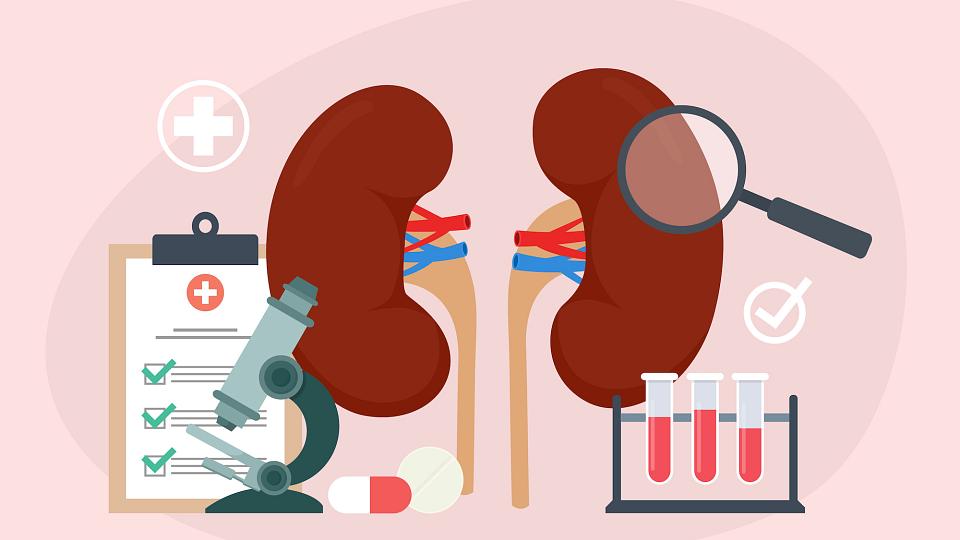


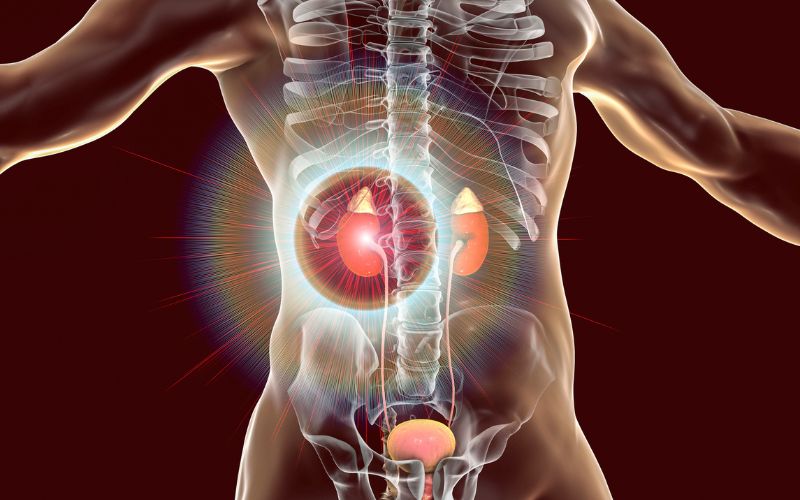
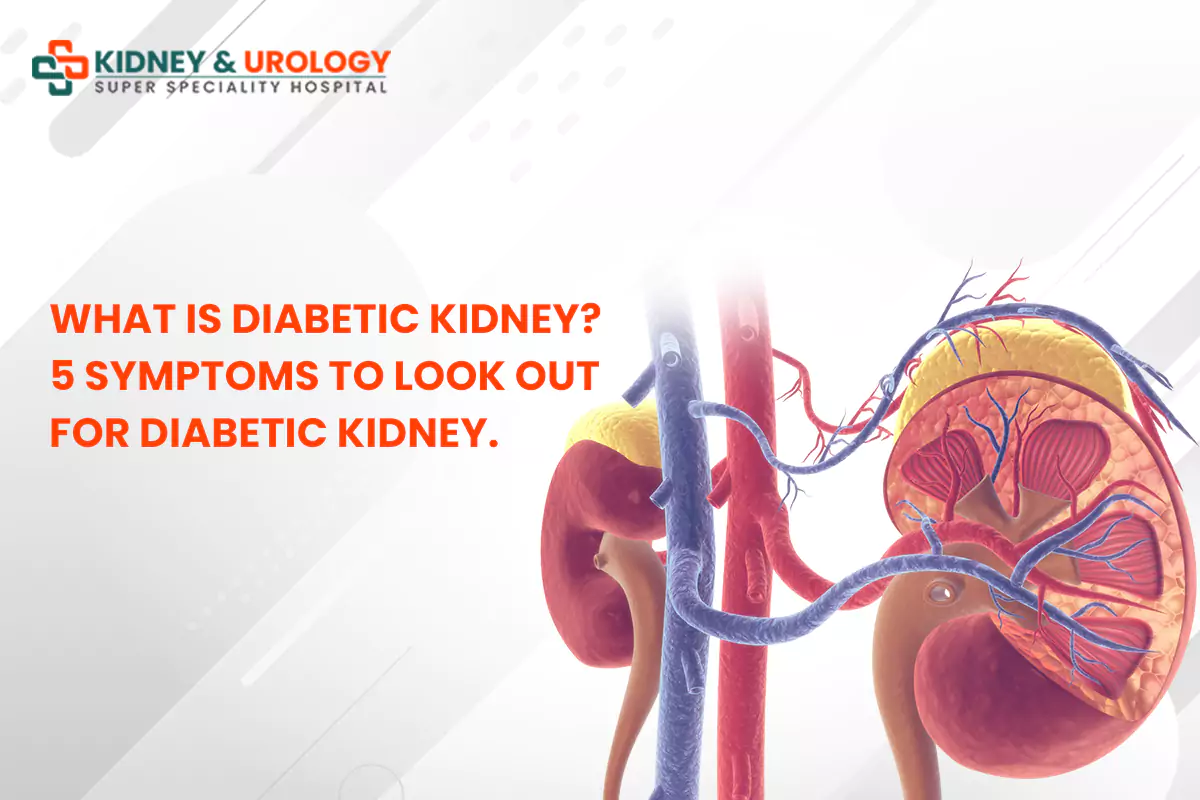
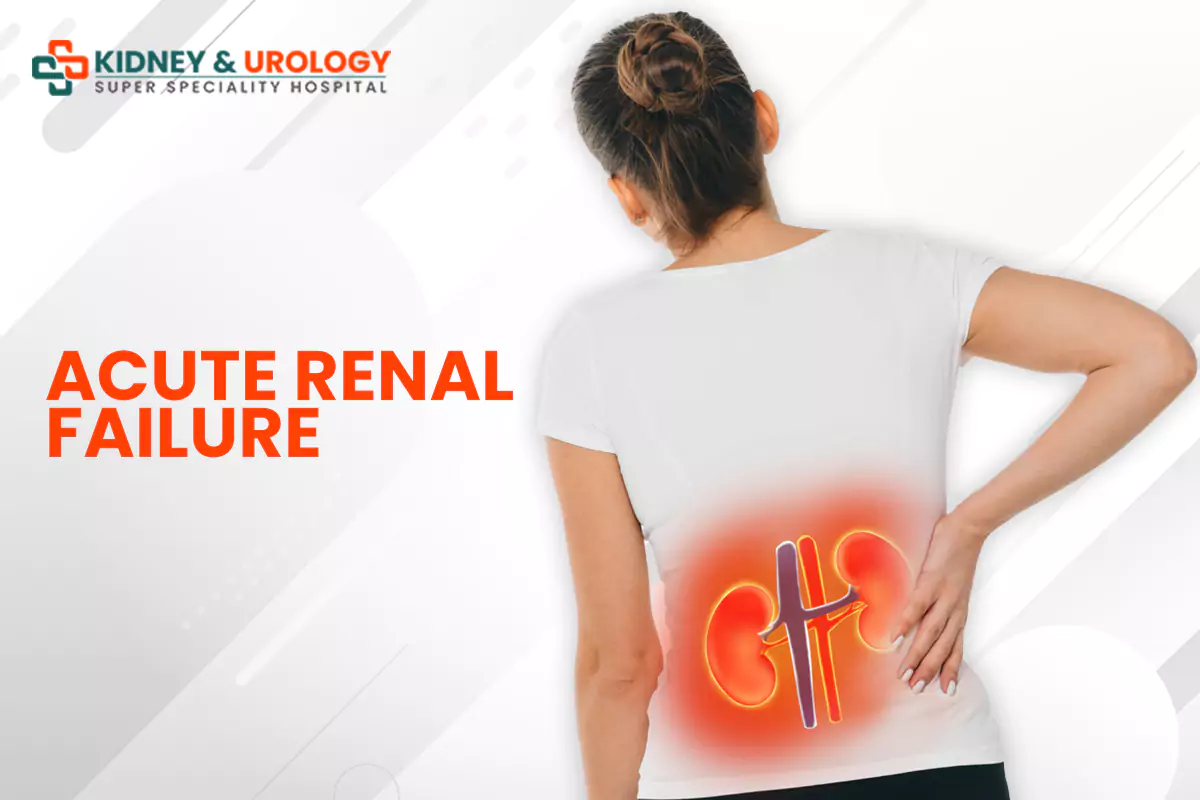
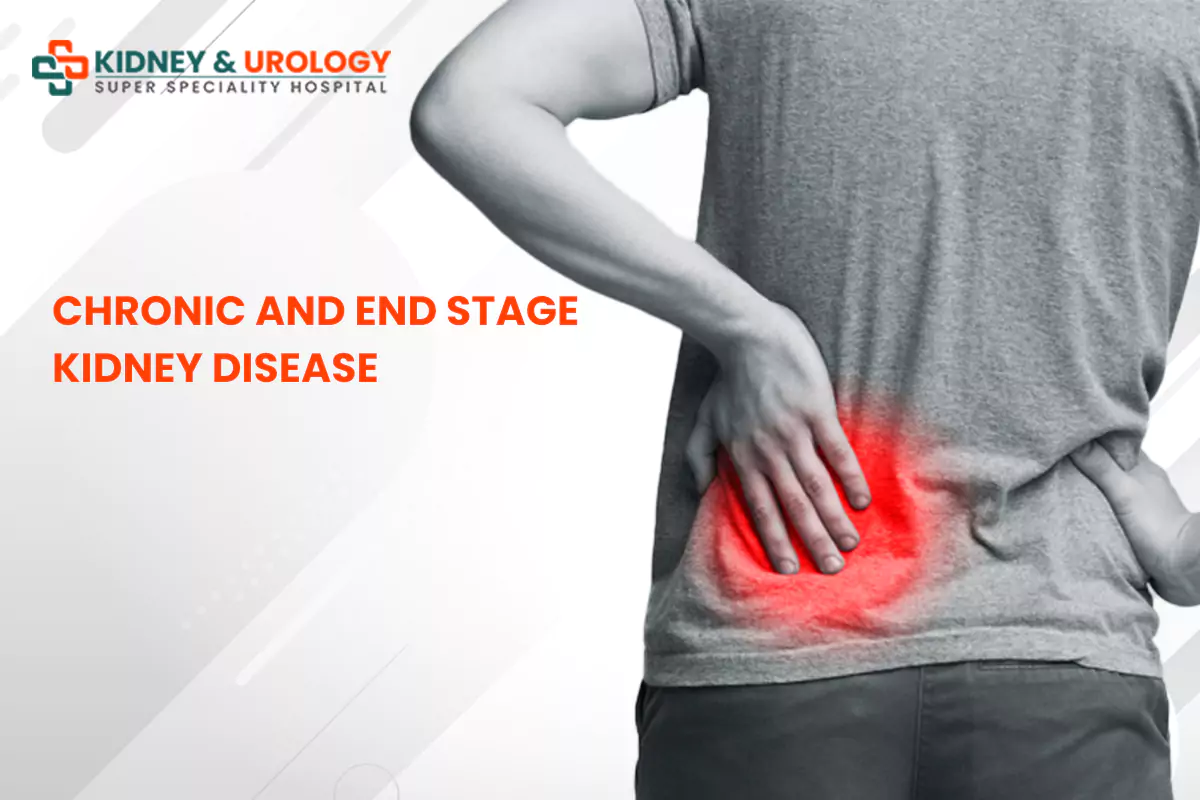

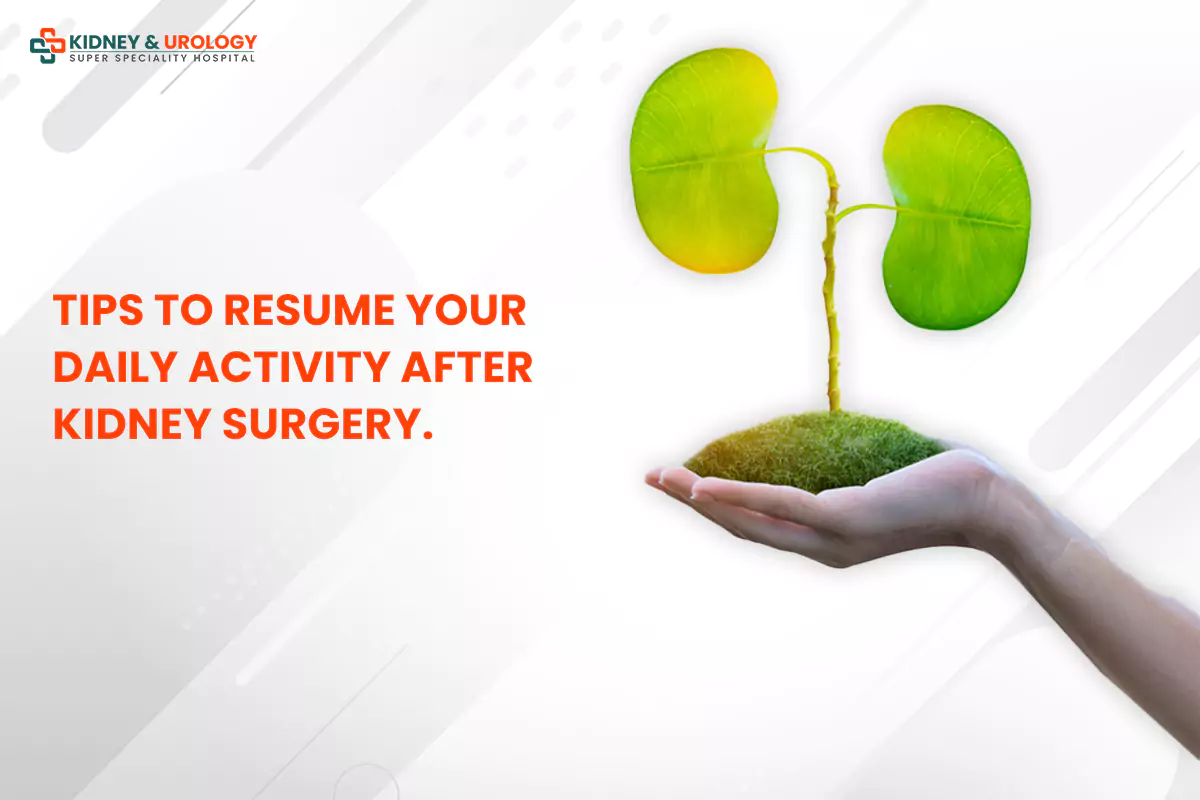




Request A Callback